

Articles
How To Store B12 Injections
Modified: December 7, 2023
Discover the best ways to store B12 injections in this informative article. From temperature and expiration dates to proper handling, find all the necessary information you need to keep your injections safe and effective.
(Many of the links in this article redirect to a specific reviewed product. Your purchase of these products through affiliate links helps to generate commission for Storables.com, at no extra cost. Learn more)
Introduction
Welcome to the world of B12 injections! Whether you’re using them for medical purposes or for personal supplementation, it’s crucial to understand how to store them properly. B12 injections contain a concentrated form of vitamin B12, which can provide a range of health benefits such as boosting energy levels, supporting nerve function, and promoting red blood cell production. However, to reap these benefits, it’s essential to ensure that your B12 injections are stored in optimal conditions.
In this article, we will delve into the importance of proper storage for B12 injections and provide you with practical tips on how to maintain the potency and integrity of your B12 shots. We will cover everything from recommended storage conditions and selecting the right storage container to checking for expiration dates and proper disposal of expired injections. So, let’s get started!
Key Takeaways:
- Proper storage of B12 injections is crucial for maintaining their potency and safety. Follow recommended guidelines to store them in a cool, dark, and stable environment, and always check expiration dates.
- Choosing the right storage container and following proper disposal guidelines are essential for maintaining the effectiveness and safety of B12 injections. Consult with healthcare providers for specific storage and disposal instructions.
Read more: How To Store Testosterone Injections
Understanding B12 Injections
Before we delve into the details of storing B12 injections, let’s first gain a better understanding of what they are. B12 injections, also known as cyanocobalamin injections, are a form of vitamin B12 that is administered through an injection into the muscle. Vitamin B12 is an essential nutrient that plays a vital role in various bodily functions, including nerve cell health, red blood cell production, and DNA synthesis.
B12 injections are typically prescribed to individuals who have difficulty absorbing B12 from food or oral supplements. This may include individuals with pernicious anemia, gastrointestinal disorders that affect B12 absorption, or those who have undergone certain surgeries that impact nutrient absorption.
Additionally, some individuals may choose to take B12 injections as a supplement for various reasons. For instance, vegetarians and vegans, who may be at a higher risk of B12 deficiency, may opt for B12 injections to ensure they meet their dietary needs. Others may use B12 injections to boost energy levels, improve cognitive function, or support their overall health and well-being.
It’s important to note that B12 injections should be administered by a healthcare professional or under their guidance. They come in vials containing a concentrate of the vitamin, which needs to be properly stored to maintain its potency and effectiveness.
Importance of Proper Storage
Proper storage of B12 injections is crucial for maintaining their efficacy and ensuring that they remain safe for use. The vitamin can be sensitive to environmental factors such as light, heat, and humidity, which can degrade its potency over time. This is why it is essential to follow recommended storage guidelines to preserve the effectiveness of the injections.
Failure to store B12 injections properly can result in a decrease in their potency and, subsequently, reduced health benefits. If the injections are not stored correctly, the vitamin may degrade or become ineffective, which means that you may not be getting the desired therapeutic effect when using them.
Moreover, improper storage can also pose a safety risk. B12 injections are sterile products, and if they are exposed to unfavorable conditions, they may become contaminated, increasing the risk of infection or other adverse reactions when administered.
By understanding the importance of proper storage and taking the necessary steps to maintain the integrity of your B12 injections, you can ensure that you are maximizing their potential benefits and keeping yourself safe.
Recommended Storage Conditions
To maintain the potency and effectiveness of your B12 injections, it is crucial to store them under the proper conditions. Here are the recommended storage conditions for B12 injections:
Temperature: B12 injections should be stored at a cool and stable temperature. The ideal temperature range for storage is typically between 2-8 degrees Celsius (36-46 degrees Fahrenheit). Avoid exposing the injections to extreme temperatures, as both heat and cold can affect the stability of the vitamin.
Light: B12 injections are sensitive to light, particularly sunlight and artificial light sources. Exposure to light can degrade the vitamin and reduce its potency. To protect the injections from light, store them in a dark or opaque container and place the container in a cool and dark area, such as a medicine cabinet or refrigerator.
Humidity: Moisture can also impact the stability of B12 injections. It is important to keep the injections away from high humidity environments, such as bathrooms or areas prone to condensation. Moisture can lead to the growth of bacteria or other microorganisms, compromising the sterility of the injections.
Airtight Packaging: B12 injections should be stored in their original airtight packaging to ensure the integrity of the product. The packaging is designed to protect the injections from air and moisture, helping to maintain their potency and sterility.
Refrigeration: In most cases, storing B12 injections in a refrigerator is recommended. The consistent temperature and controlled environment of the refrigerator can help extend the shelf life and maintain the quality of the injections. However, it is essential to avoid freezing the injections, as freezing can cause the vials to crack or the solution to degrade.
It’s important to note that specific storage instructions may vary depending on the brand or manufacturer of the B12 injections. Always refer to the package insert or consult with your healthcare provider or pharmacist for any specific storage recommendations.
By following these recommended storage conditions, you can ensure that your B12 injections remain potent, safe, and effective for their intended use.
Choosing the Right Storage Container
When it comes to storing B12 injections, choosing the right storage container is essential to maintain their potency and ensure their safety. Here are some factors to consider when selecting a storage container:
Airtightness: The storage container should be airtight to prevent air and moisture from entering, as exposure to air and moisture can degrade the B12 injections. Look for containers with secure lids or caps that create a tight seal.
Opacity: B12 injections should be protected from light exposure, as light can degrade the vitamin over time. Opt for an opaque or dark-colored container that can shield the injections from sunlight and artificial light sources.
Material: Choose a container made of a material that is compatible with storing injectable medications. Glass containers are often recommended for storing B12 injections, as they are non-reactive and provide a stable environment. However, if you prefer using plastic containers, make sure they are specifically designed for storing medications and are free from any potential leaching chemicals.
Size: Consider the size of the storage container based on the number of B12 injections you need to store. Ensure that the container has enough space to accommodate all the vials without overcrowding or risking breakage.
Labeling: It can be helpful to choose a storage container that allows for clear labeling. Properly labeling the container with the date of storage, expiration date, and any other relevant information can help you keep track of the injections and ensure you use them in a timely manner.
Location: Identify an appropriate location for storing the container. Ideally, it should be a cool, dark, and dry area, away from direct sunlight, heat sources, and high humidity. Consider using a dedicated medicine cabinet or a specific section of the refrigerator for storing the container.
Remember, consult with your healthcare provider or pharmacist for any specific container recommendations based on the brand or type of B12 injections you are using. They can provide guidance based on the specific storage requirements of the product.
By choosing the right storage container, you can help preserve the potency and integrity of your B12 injections, ensuring that they remain safe and effective for use.
Store B12 injections in a cool, dark place, away from direct sunlight and heat. Keep them in their original packaging and check the expiration date before use.
Read also: 12 Best Oral-B Electric Toothbrush For 2025
Storing B12 Injections at Home
Storing B12 injections properly at home is crucial to maintaining their potency and ensuring their safety. Here are some tips to help you store your B12 injections effectively:
Refrigerator Storage: In most cases, it is recommended to store B12 injections in the refrigerator. Place the container in a dedicated section of the refrigerator, away from items that may be affected by temperature fluctuations. Ensure that the temperature remains between 2-8 degrees Celsius (36-46 degrees Fahrenheit) to maintain the stability of the injections.
Positioning: Store the B12 injections in an upright position to prevent any leakage and to allow the liquid to settle at the bottom of the vials. This will help maintain the potency and consistency of the injections.
Avoid Freezing: Do not freeze B12 injections, as freezing can compromise their quality and effectiveness. Freezing can cause the vials to crack or the solution to degrade, rendering the injections unusable.
Protect from Light: Since B12 injections are sensitive to light, it is essential to shield them from direct sunlight and artificial light sources. Store the container in a dark or opaque bag or place it in an area away from any exposure to light.
Avoid Damaging Conditions: Ensure that the storage area is free from extreme temperatures, high humidity, and potential sources of contamination. Avoid storing the injections near sources of heat, such as stoves or heaters, as well as in humid environments like bathrooms.
Medication Separation: Store your B12 injections separately from other medications, especially those that may require different storage conditions. Keeping them separate helps prevent confusion and ensures that each medication is stored properly.
Keep Out of Reach: Store B12 injections in a secure location that is inaccessible to children or pets. Keep them out of reach to avoid any accidental exposure or misuse.
Remember to always refer to the specific storage instructions provided with your B12 injections. If you have any concerns or questions about the storage process, do not hesitate to consult with your healthcare provider or pharmacist for guidance.
By following these tips and storing your B12 injections correctly at home, you can help preserve their effectiveness and maximize their potential health benefits when you need them.
Tips for Maintaining Proper Storage
Proper storage of B12 injections is crucial to maintain their potency and ensure their effectiveness. Here are some tips to help you maintain proper storage:
Follow Instructions: Always refer to the package insert or the instructions provided by your healthcare provider or pharmacist for specific storage guidelines. Different brands or types of B12 injections may have slightly different storage requirements, so it’s important to follow the recommended instructions.
Keep Original Packaging: Store the B12 injections in their original packaging whenever possible. The packaging is designed to protect the injections from exposure to light, air, and moisture, helping to maintain their potency and sterility.
Place in a Dark Environment: Protect the injections from light by storing them in a dark or opaque container. Light exposure can degrade the vitamin and reduce its effectiveness over time. Keep the container away from direct sunlight and artificial light sources.
Maintain Stable Temperatures: Ensure that the storage area maintains a stable temperature within the recommended range. Avoid exposing the injections to extreme temperatures, both hot and cold, as temperature fluctuations can affect the potency of the vitamin. Refrigeration is often recommended, but be sure to avoid freezing the injections.
Avoid Contamination: Keep the storage area clean and free from sources of contamination. Use clean hands or gloves when handling the injections to prevent the introduction of bacteria or other microorganisms. Ensure that the storage container is sealed tightly to prevent air and moisture from entering.
Check for leaks: Periodically inspect the vials for any signs of leakage or damage. If you notice any cracks, leaks, or discoloration, do not use the injection and consult your healthcare provider or pharmacist for guidance.
Rotate Inventory: If you have multiple vials of B12 injections, use the oldest ones first to ensure that they are used before their expiration date. This rotation helps prevent the wastage of medication and ensures that you are using the freshest and most potent injections.
Monitor Expiration Dates: Regularly check the expiration dates of your B12 injections and discard any that have exceeded their stated shelf life. Expired medications may not be as effective and can potentially pose health risks when used.
Secure Storage: Store the B12 injections in a safe and secure location, away from the reach of children or pets. This minimizes the risk of accidental exposure or misuse.
By following these tips for maintaining proper storage, you can ensure that your B12 injections remain potent, safe, and effective for their intended use.
Checking for Expiration Dates
Checking the expiration dates of your B12 injections is crucial to ensure their safety and effectiveness. Here are some important points to consider when checking for expiration dates:
Read the Label: B12 injections typically come with a label on the packaging that includes important information, including the expiration date. Take a moment to carefully read the label and locate the expiration date on the vials or package.
Understand the Format: Expiration dates can be represented in various formats, such as “EXP,” “Use by,” or “Expiration date.” Familiarize yourself with the format used on your B12 injections to easily identify the expiration date.
Check Regularly: Make it a habit to periodically check the expiration dates of your B12 injections. This applies to both unopened vials and those that have been partially used. Discard any vials that have expired, as their effectiveness may be compromised.
Consider Shelf Life: B12 injections have a shelf life that is typically specified on the packaging. Pay attention to the specified shelf life and ensure that you use the injections before the expiration date to maximize their potency and benefits.
Dispose of Expired Injections: Properly dispose of any B12 injections that have expired. Expired medications may not provide the desired therapeutic effect, and their efficacy and safety cannot be guaranteed. Follow the guidelines provided by your local healthcare authority or pharmacy for the proper disposal of expired medication.
Consult Your Healthcare Provider: If you have any concerns or questions regarding the expiration date or shelf life of your B12 injections, consult your healthcare provider or pharmacist for guidance. They can provide you with accurate information specific to your medication and assist you in making informed decisions.
Remember, using B12 injections that have expired can potentially be harmful and may not provide the intended health benefits. By regularly checking for expiration dates and discarding expired injections, you can ensure that you are using B12 injections that are safe and effective.
Proper Disposal of Expired Injections
Proper disposal of expired B12 injections is essential for maintaining safety and minimizing environmental impact. Here are some guidelines to follow when disposing of expired injections:
Check Local Regulations: Familiarize yourself with the local regulations and guidelines for the disposal of expired medications. Different regions may have specific requirements or recommendations for proper disposal.
Do Not Flush or Pour: Do not flush expired B12 injections down the toilet or pour them down the sink. This can lead to water contamination and harm the environment. Proper disposal methods should be followed to ensure safe and responsible handling.
Pharmacy or Healthcare Provider: Contact your local pharmacy or healthcare provider to inquire about medication disposal programs or any specific instructions they may have. Some pharmacies may offer medication take-back programs or provide guidance on proper disposal practices.
Sharps Disposal: If your B12 injections come with needles or syringes, it is essential to dispose of them properly to prevent accidental injuries. Follow local regulations for sharps disposal, which may include using a designated sharps container or returning them to a healthcare facility or pharmacy that accepts sharps for disposal.
Used Packaging: Dispose of the used packaging of the expired B12 injections properly. Remove any personal information from the packaging before recycling, if applicable. Check with your local recycling guidelines to determine if the packaging can be recycled or if it should be disposed of as regular waste.
Never Reuse or Share: Expired B12 injections should never be reused or shared with others, even if the expiration date has recently passed. The efficacy and safety of expired injections cannot be guaranteed, and using them may have harmful consequences.
Follow Manufacturer Instructions: Some B12 injection manufacturers may provide specific disposal instructions. Be sure to read and follow their guidelines to ensure proper disposal and minimize any potential risks.
Remember, proper disposal of expired B12 injections not only protects the environment but also helps to ensure the safety of yourself and others. By following the appropriate procedures for disposal, you can contribute to a safe and sustainable healthcare system.
Conclusion
Proper storage of B12 injections is essential for maintaining their potency, efficacy, and safety. By understanding the importance of proper storage and following the recommended guidelines, you can ensure that your B12 injections remain effective and provide the desired health benefits.
Remember to store your B12 injections in a cool, dark, and stable environment, such as a dedicated section of the refrigerator. Avoid exposing them to extreme temperatures, light, or high humidity. Choose the right storage container that is airtight, opaque, and made of suitable materials to safeguard the injections from environmental factors.
Regularly check the expiration dates and properly dispose of any expired injections, following the local regulations and guidelines for medication disposal. Consult with your healthcare provider or pharmacist if you have any specific concerns or questions regarding storage or disposal.
Maintaining proper storage of B12 injections not only ensures their effectiveness but also plays a role in your overall health and safety. Proper storage helps to preserve the potency and integrity of the injections, allowing you to fully benefit from the therapeutic properties of vitamin B12.
By practicing good storage habits and adhering to the recommended guidelines, you can confidently use your B12 injections, knowing that you are maximizing their potential health benefits. So, take the necessary steps to store your B12 injections properly and enjoy the positive impact they can have on your well-being.
Frequently Asked Questions about How To Store B12 Injections
Was this page helpful?
At Storables.com, we guarantee accurate and reliable information. Our content, validated by Expert Board Contributors, is crafted following stringent Editorial Policies. We're committed to providing you with well-researched, expert-backed insights for all your informational needs.
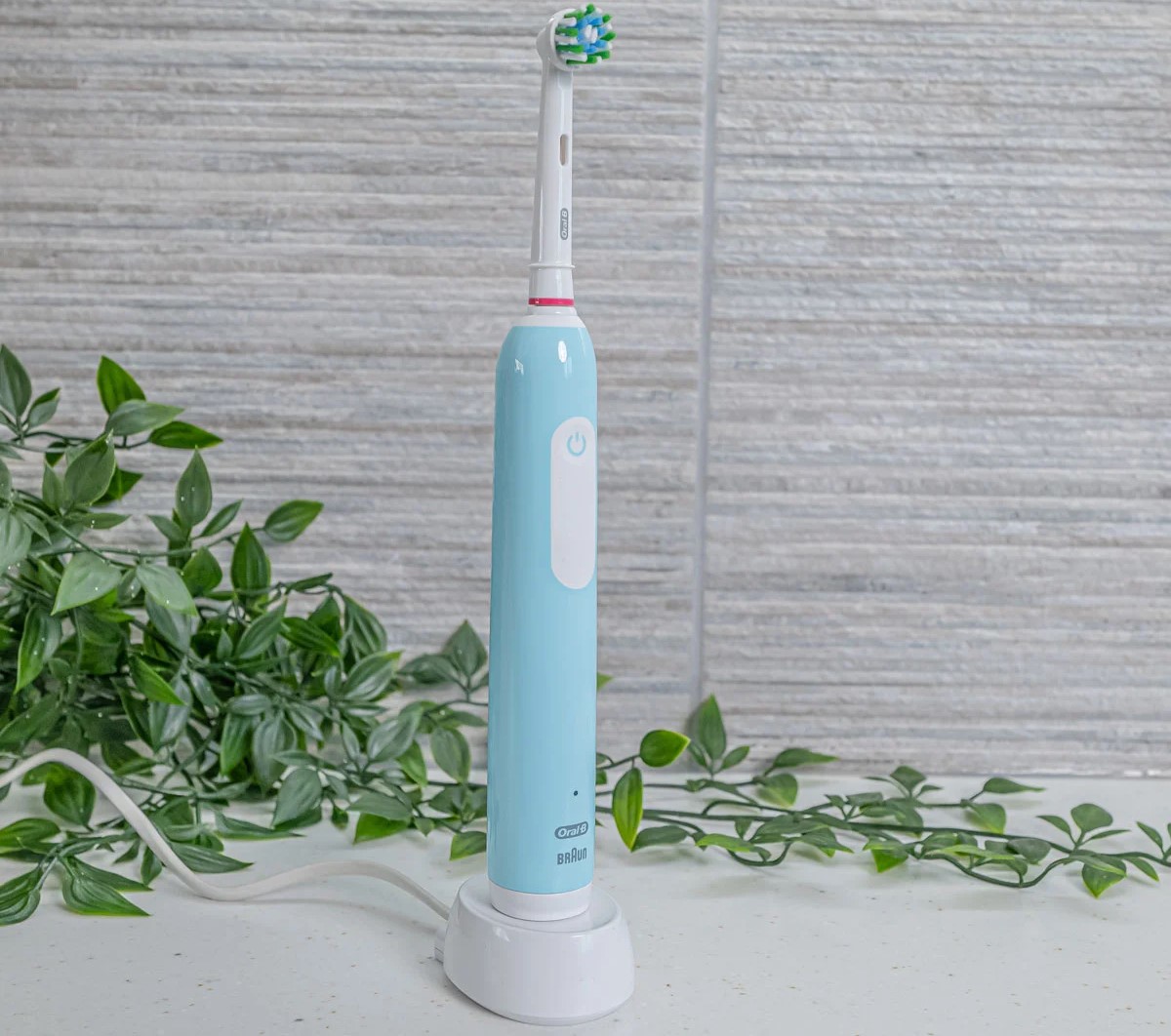
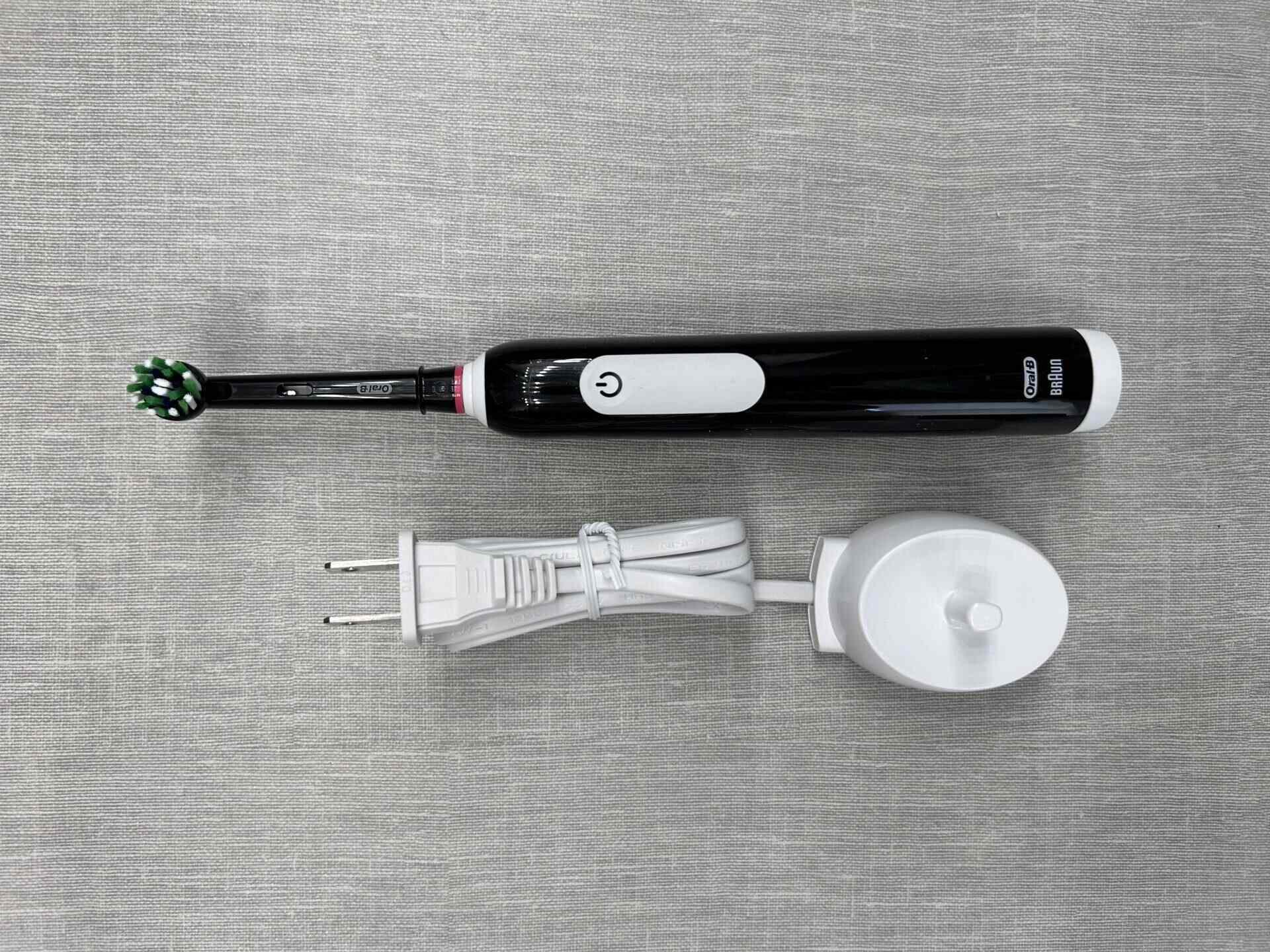
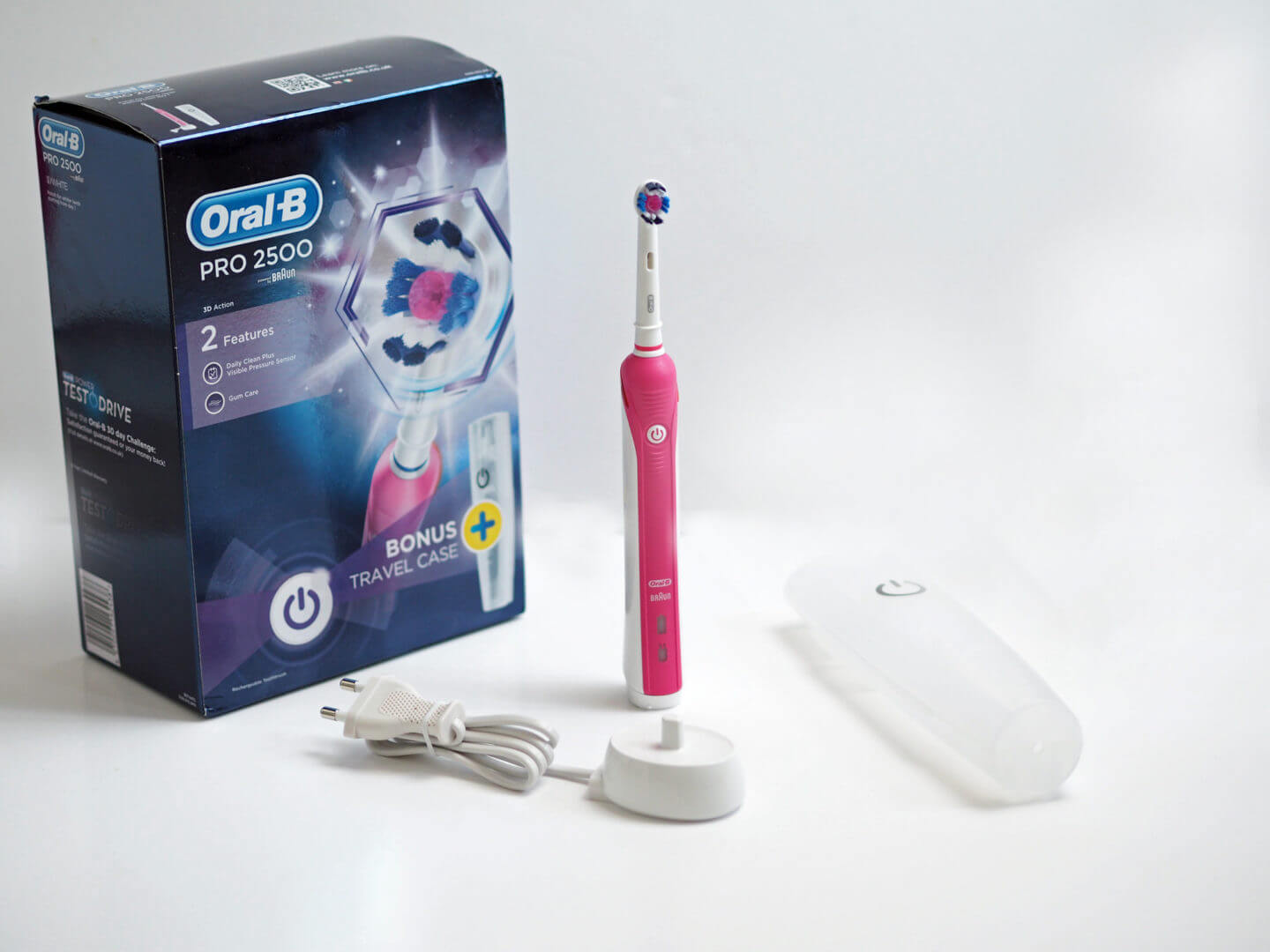
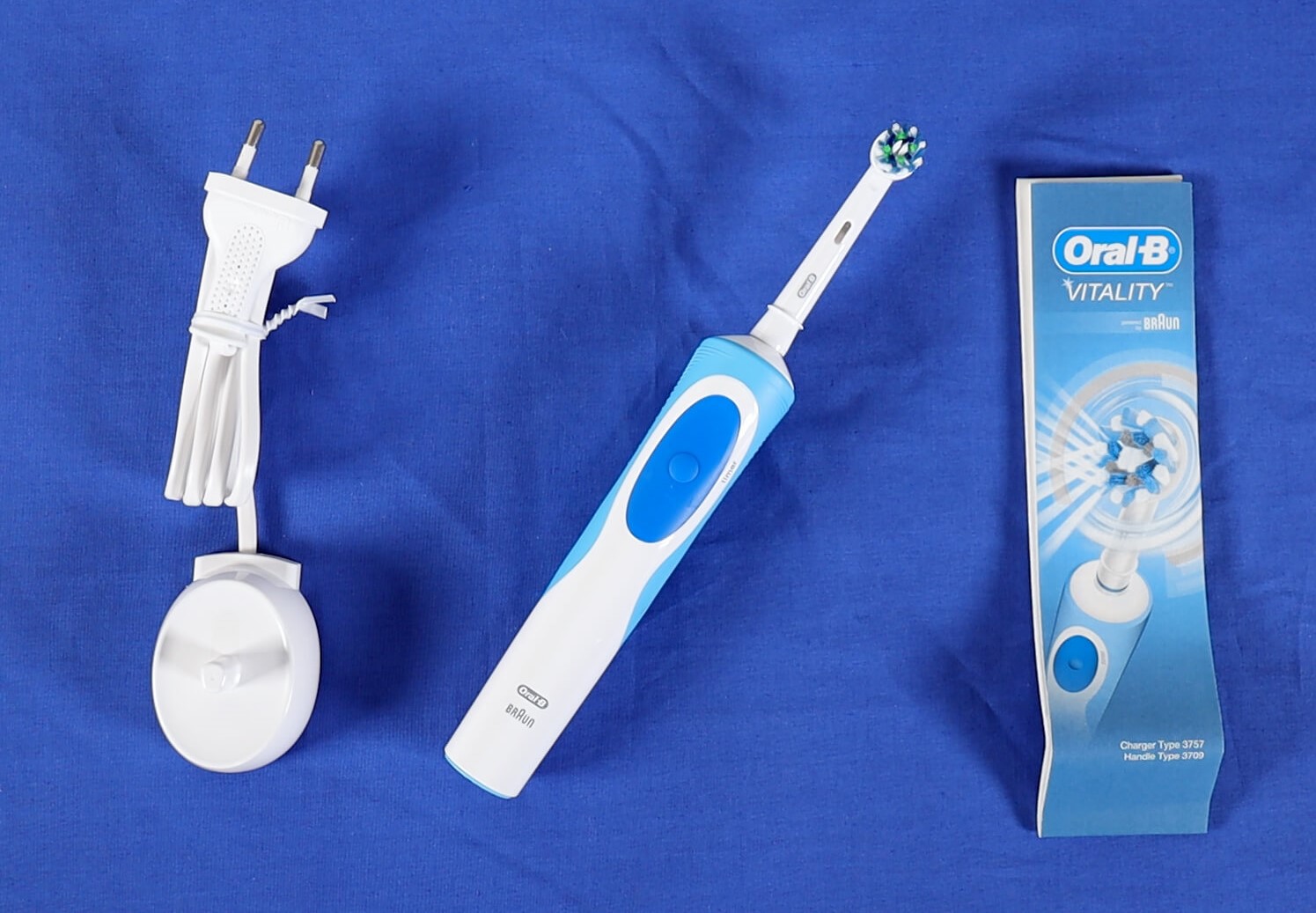
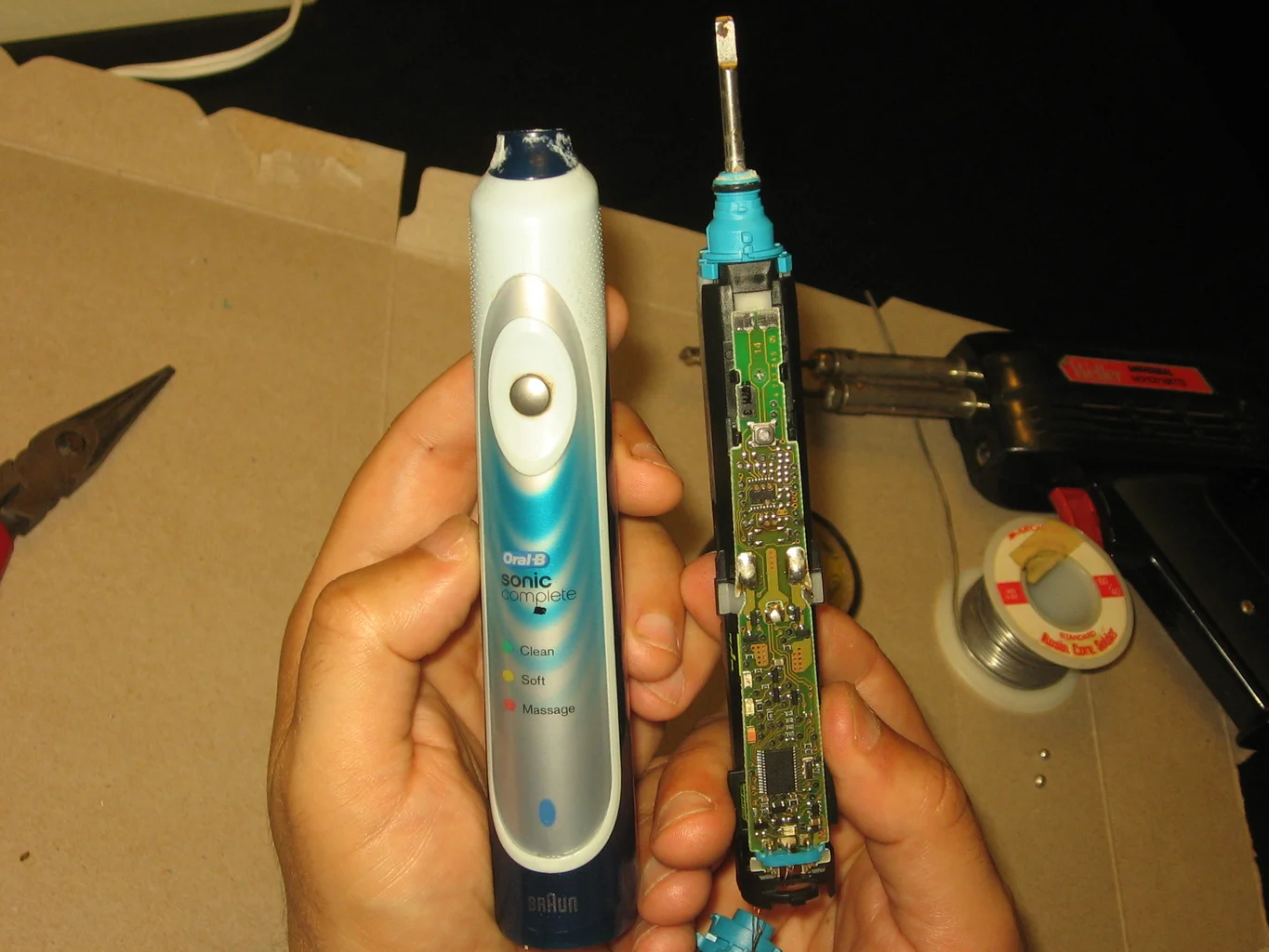
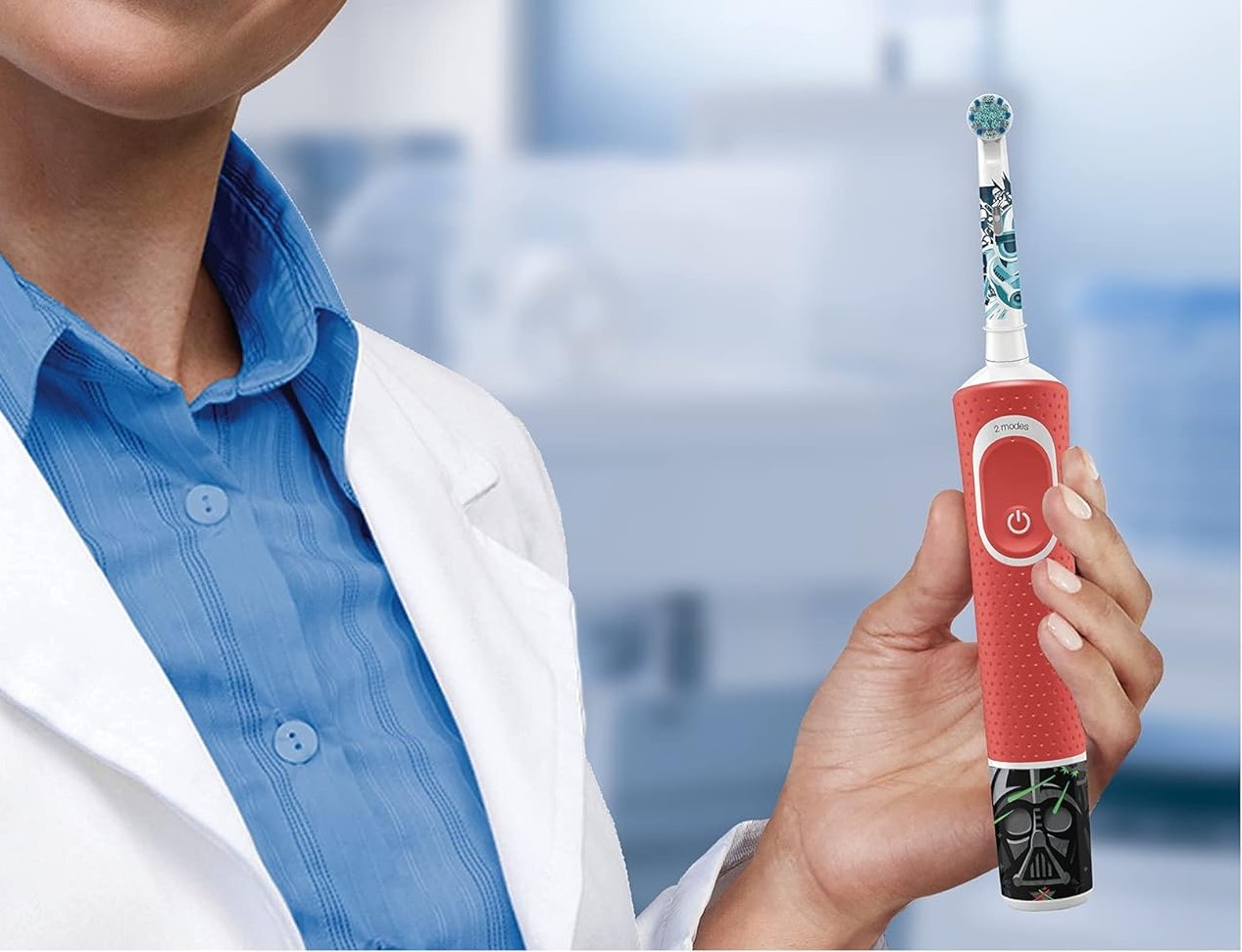
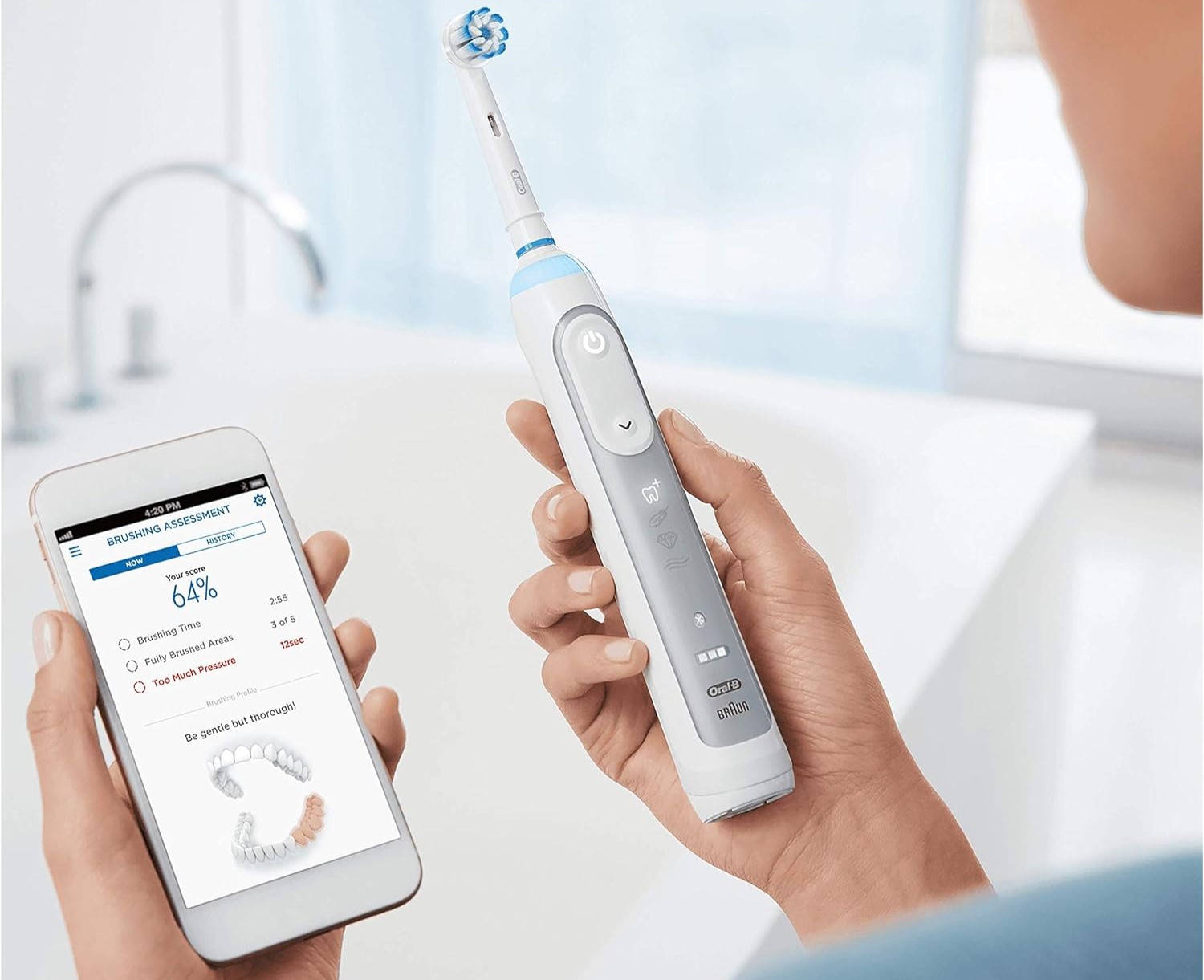
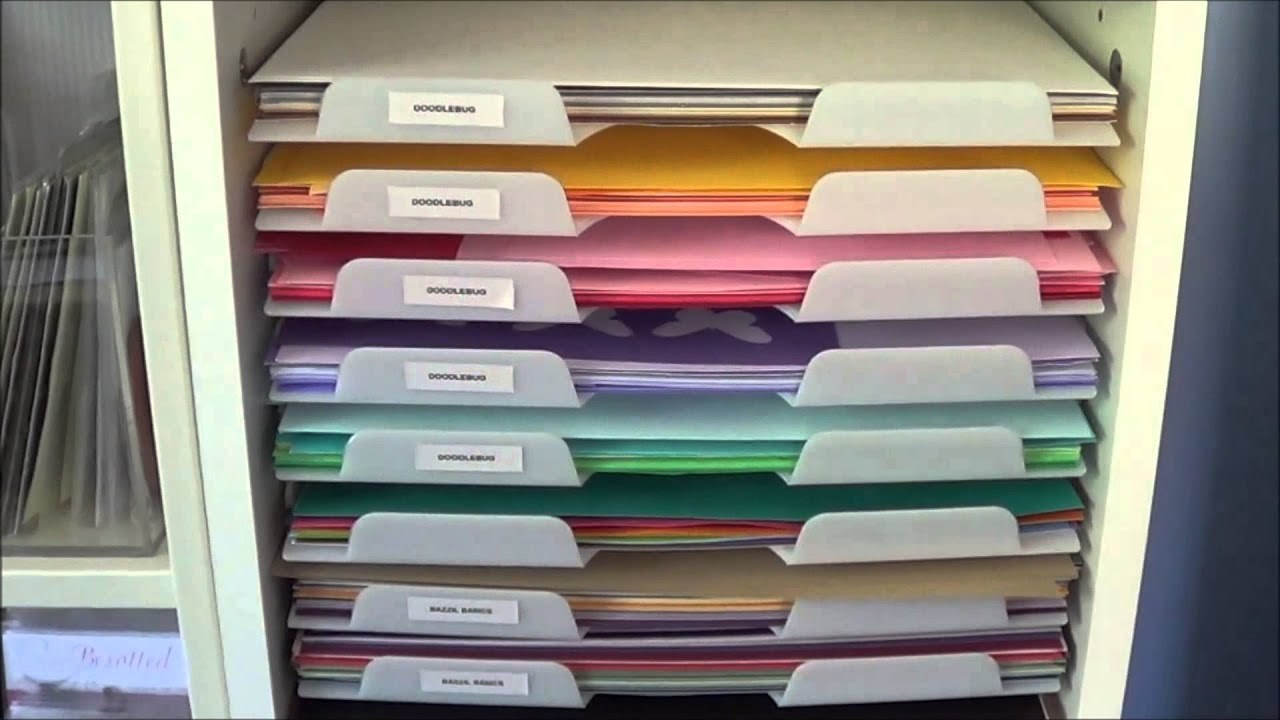
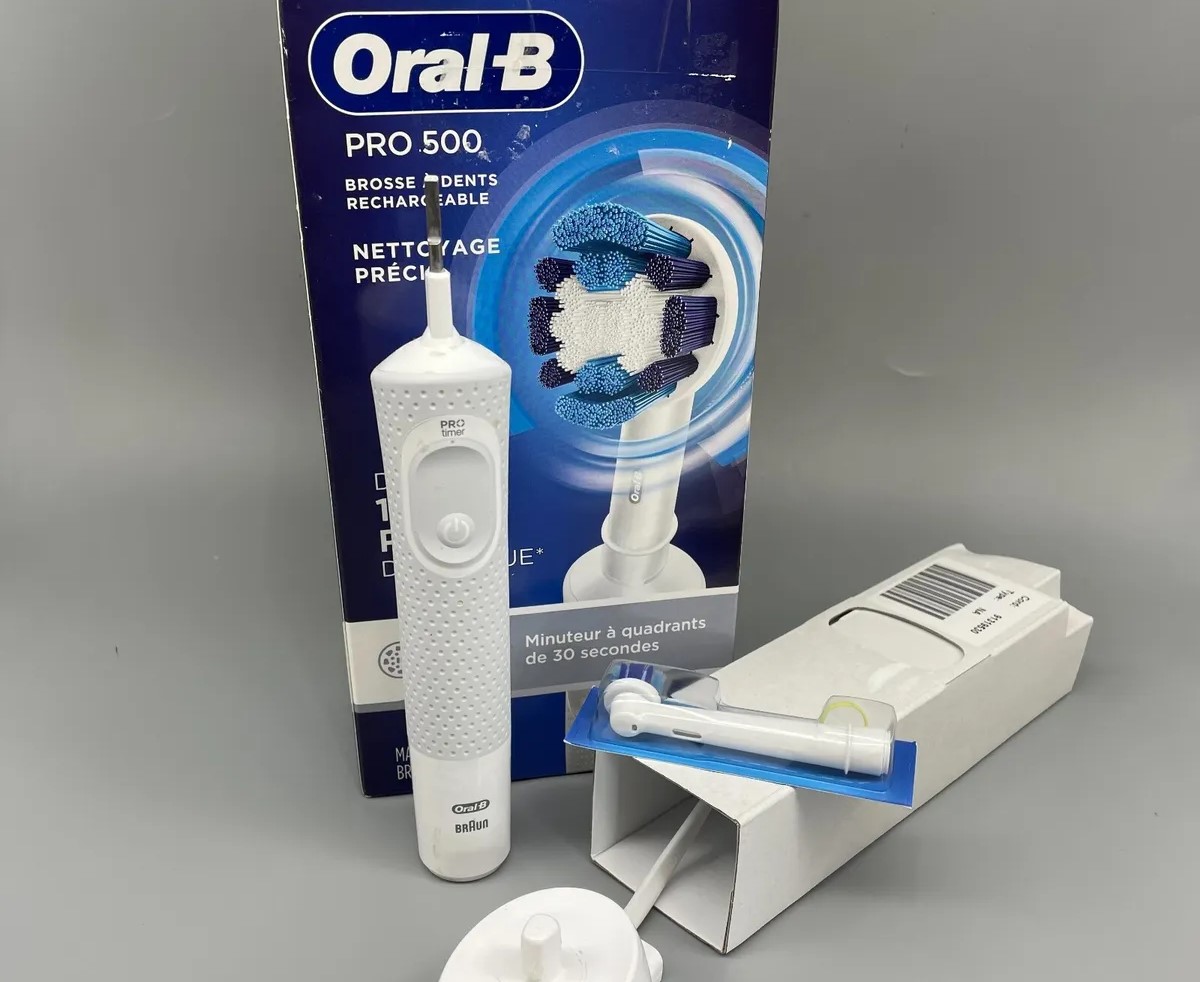
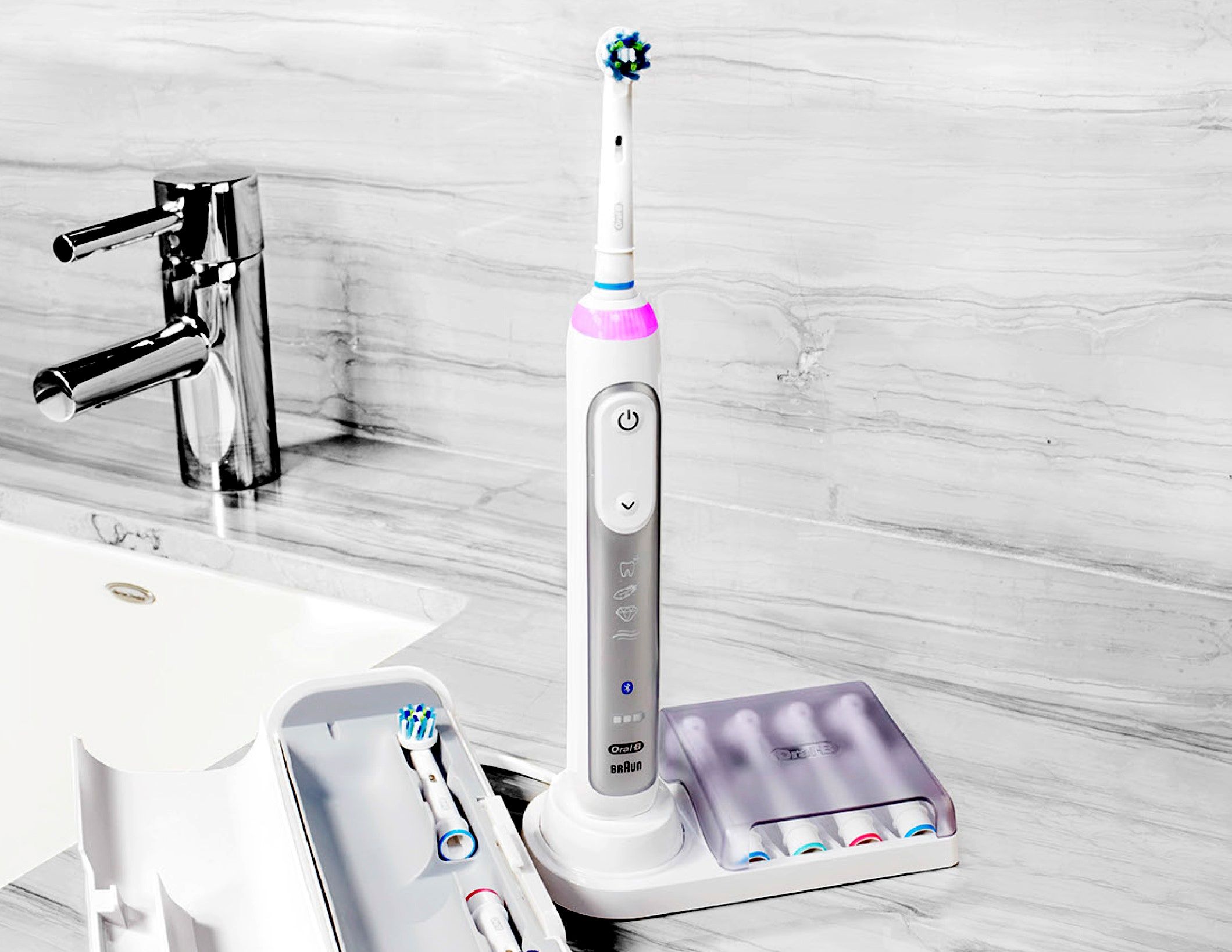

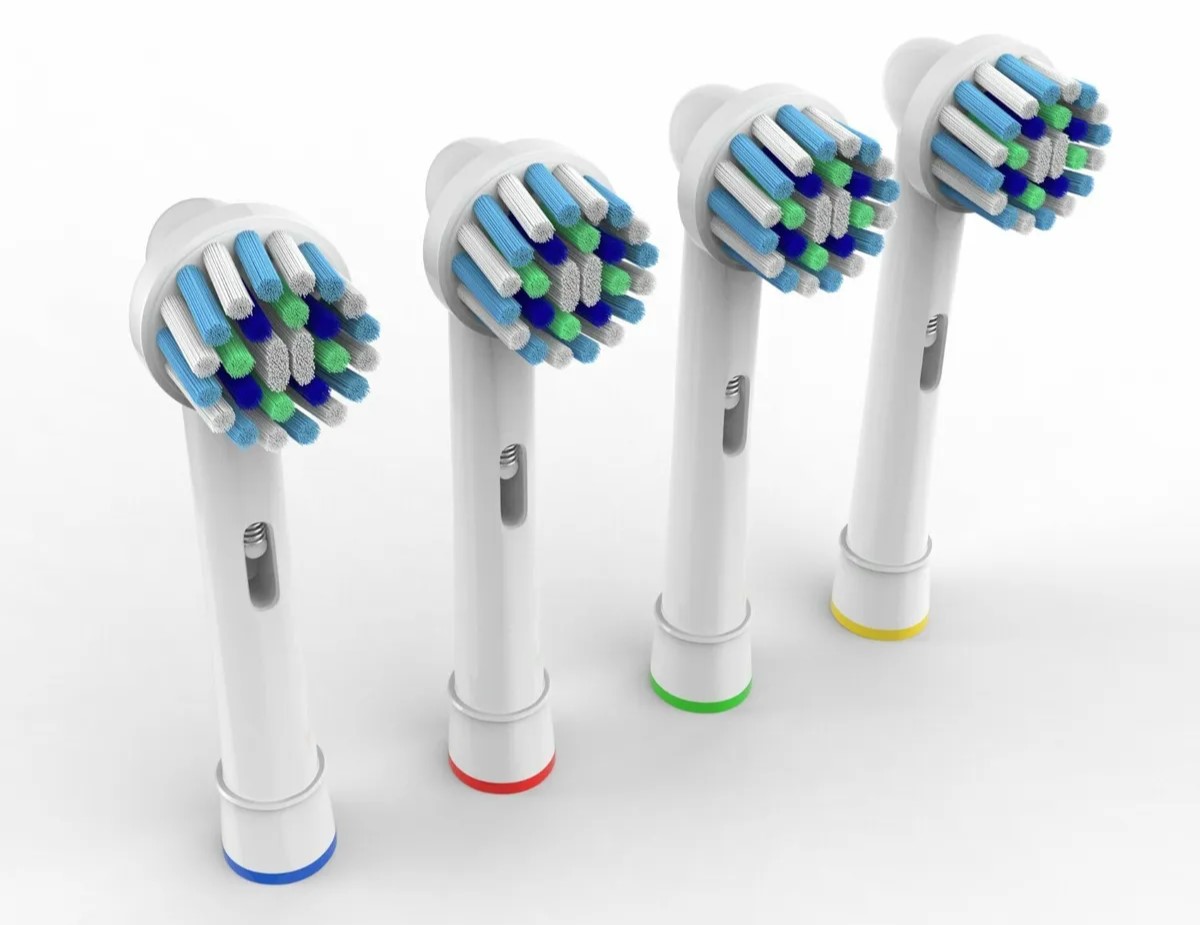
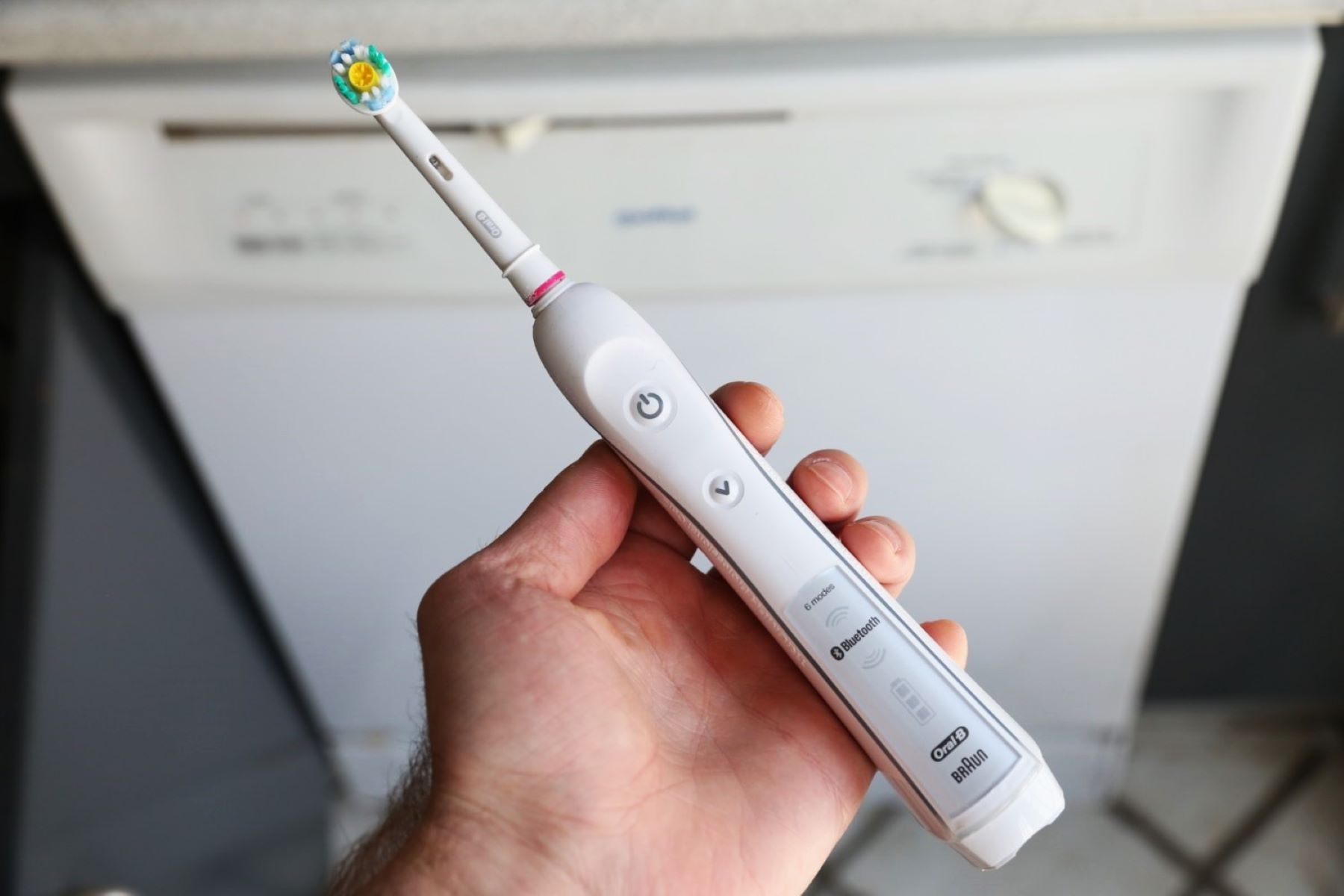

0 thoughts on “How To Store B12 Injections”